Honey skincare is the versatility and natural benefits of your skincare. This golden nectar, cherished for centuries, is not just a delicious treat; it’s a powerhouse for our skin. Many people love honey skincare for its soothing and antibacterial properties.
Let’s dive into the sweet world of honey skincare and uncover how it can elevate your beauty regimen.
Table of Contents
ToggleWhy Choose Honey for Your Skin?
1. Natural Humectant:
Honey is renowned for its ability to attract and retain moisture, making it a honey moisturizer that’s perfect for all skin types. As a natural humectant, it draws hydration into the skin, keeping it plump and youthful.
2. Gentle Exfoliant:
Did you know honey acts as a gentle exfoliant? Its natural enzymes help remove dead skin cells, revealing a brighter, more radiant skin tone. Incorporating honey in skin care routines can enhance your overall glow.
3. Anti-Inflammatory Properties:
If you struggle with redness or irritation, honey’s anti-inflammatory properties can soothe and calm the skin. This makes it a great option for sensitive skin and conditions like eczema or rosacea.
Target-Specific Skin Concerns
1. Acne and Scarring:
It can significantly benefit acne-prone skin. Its antibacterial properties fight acne-causing bacteria, while its soothing nature reduces inflammation. Using honey for scars from acne may promote healing and fade over time.
2. Dullness and Uneven Skin Tone:
Want to brighten your complexion honey skincare a honey facial can help even out your skin tone. Consider adding honey exfoliating scrubs to your weekly routine to reveal fresh skin beneath.
The Buzz About Manuka Honey
For an extra boost, consider Manuka honey. Known for its unique healing properties, it’s particularly effective for treating wounds, blemishes, and various skin conditions. Its high antibacterial content makes Manuka honey for skin a favored choice among skincare enthusiasts.
READ MORE: Mānuka Honey Is the Ultimate Reparative Skin Care Ingredient Experts Want You to Use
Benefits of Honey in Skin Care
- Hydration: Using it on the skin overnight can enhance moisture retention.
- Healing: Honey has properties that aid in skin healing, making it suitable for various skin conditions.
- Nourishment: Honey is packed with nutrients that nourish the skin and improve its overall texture.
Trends and Innovations in Beauty
As we move through 2024, honey continues to capture the attention of the beauty industry. Known for its rich properties and versatility, honey—especially Manuka honey—is increasingly featured in skincare products. Here’s a look at the latest trends and why organic and Manuka honey are essential in modern beauty formulations. Whether in masks or cleansers, honey skincare delivers incredible moisture
Current Trends in Honey Skincare
- Sustainability and Organic Sourcing: Consumers are becoming more environmentally conscious, driving demand for sustainably sourced ingredients. Brands are focusing on organic honey sourced from responsible beekeeping practices. This not only supports bee populations but also ensures higher-quality honey with maximal benefits.
- Manuka Honey Popularity: Manuka honey is renowned for its exceptional healing properties, particularly its antibacterial effects. This honey, derived from the nectar of the Manuka tree in New Zealand, is being increasingly included in products targeting acne, scarring, and anti-aging. Its unique UMF (Unique Manuka Factor) rating ensures potency, making it a sought-after ingredient.
- Focus on Multi-Functionality: Beauty products are evolving to serve multiple purposes. Honey-based products are being formulated not just as moisturizers, but also as cleansers, exfoliants, and healing treatments. This aligns with the growing trend of minimalism in skincare, where fewer, multifunctional products are preferred.
Popular Honey-Based Products

Here are some popular honey-based skincare products that are trending:
- Farmacy Honey Potion – A warming mask that hydrates and revitalizes the skin.
- Burt’s Bees Honey & Grapeseed Oil Hand Cream – Nourishing hand cream infused with honey.
- Laneige Honey Cera Serum – A lightweight serum that hydrates and strengthens the skin barrier.
- The Body Shop Wild Argan Oil and Honey Body Butter – Rich body butter for deep moisture.
- Kiehl’s Pure Vitality Skin Renewing Cream – A cream that combines manuka honey and New Zealand fern.
- Tatcha The Dewy Skin Cream – Includes honey as part of its hydrating formula for a radiant finish.
- Neutrogena Hydro Boost Water Gel with Honey – A gel moisturizer that provides intense hydration.
- Drunk Elephant Lala Retro Whipped Cream – Contains honey for added nourishment and hydration.
Explore the world of honey skincare to find the perfect products for your skin type.
Why Organic Manuka Honey?
Antibacterial Properties:
Both organic and Manuka honey are naturally antibacterial, making them excellent for treating acne and preventing breakouts. Manuka honey, in particular, has superior antimicrobial properties that help heal the skin.
Natural Moisturization:
Honey is also a natural humectant which means it attracts moisture on the skin to avoid skin drying. Organically derived formulations make sure that all these benefits are utilized without the help of synthetic chemicals.
Skin Soothing and Healing:
Everyone is aware of honey’s nourishing properties, which is why it is especially beneficial for sensitive skin. It relieves skin redness and itch, and promotes skin healing, thus is used by those with skin issues such as eczema, and rosacea among others.
Antioxidant-Rich:
Honey is packed with antioxidants that help protect the skin from environmental damage and signs of aging. Products containing organic and Manuka honey provide a natural defense against free radicals.
Honey Products
1. Formulated Benefits:
Commercial honey products, such as moisturizers, cleansers, and masks, are typically formulated with additional beneficial ingredients tailored for specific skin concerns, like aging, acne, or hydration.
2. Consistency and Convenience:
Store-bought products offer consistency in formulation, ensuring you get the same benefits with each use. They’re also ready to use, saving time compared to DIY methods.
3. Quality Control:
Reputable brands often conduct testing for efficacy and safety, ensuring that the product meets certain standards. Products containing Manuka honey may also specify their UMF rating, guaranteeing their potency.
4. Professional Expertise:
Skincare professionals develop these products, often leading to formulations that effectively balance active ingredients for optimal results.
Transform Your Routine with Honey Masks
DIY Honey Face Masks
Creating a honey face mask at home is simple and rewarding! Here are some recipes:
- Simple Honey Mask: Apply a thin layer of raw honey to your face for 20 minutes. Rinse off for instantly hydrated skin.
- Honey and Cinnamon Mask: Mix equal parts honey and cinnamon for an effective acne treatment. This mask helps combat breakouts and brightens the skin.
DIY Honey Remedies
The advantage of home treatments is that one can always change the type of remedy, that is used depending on the skin type. It is in this factor that you get to choose which aspect you would wish to attend to whether it is dryness, acne, or dull skin.
All your homemade remedies should include raw honey It has no preservatives and synthetic chemicals found in processed honey but are suitable for people with sensitive skin.
If you decide to make honey treatments at home it might prove much cheaper than purchasing some of the commercial readily available products for most of the time, since the raw material is already at your disposal.
Home remedies are enjoyable and very fulfilling as one gets the opportunity to experiment with her preferred ingredients on the skin.
Potentially cause of DIY remedies with honey
When creating DIY remedies with honey, certain ingredients may not mix well or could potentially cause adverse reactions. Here are some ingredients to avoid combining with honey:
Baking Soda
- Why Avoid: Baking soda can be too abrasive for the skin and may disrupt the skin’s natural pH balance, especially when mixed with honey.
Essential Oils
- Why Avoid: Some essential oils can be irritating or sensitizing, particularly for sensitive skin. Always dilute essential oils properly and test on a small area first.
Vinegar
- Why Avoid: Mixing honey with acidic substances like vinegar can alter the properties of honey and may cause irritation, especially for sensitive skin.
Citrus Juices (like lemon)
- Why Avoid: Citrus can be irritating for some skin types and may increase photosensitivity, leading to sunburn or irritation when exposed to sunlight.
Sugar or Salt
- Why Avoid: While both can act as exfoliants, combining them with honey may be too harsh and lead to over-exfoliation, especially for sensitive skin.
Alcohol-Based Ingredients
- Why Avoid: Ingredients like rubbing alcohol or certain astringents can dry out the skin, counteracting the moisturizing benefits of honey.
Heavy Oils
- Why Avoid: Mixing honey with very heavy oils (like coconut oil in high amounts) can create a greasy texture that may not be suitable for all skin types.
Certain conditions and honey
The natural enzymes in honey skincare can gently exfoliate, leaving your skin healthy. While honey has many benefits for the skin, there are certain conditions where it might not be advisable to use honey, or where caution is warranted:
Acne-Prone Skin
- Clogged Pores: Many enthusiasts swear by honey skincare as a gentle remedy for acne. For some individuals, honey can be too thick and may contribute to clogged pores, potentially worsening acne in those who are already prone to breakouts.
Sensitive Skin
- Irritation: Although honey is often soothing, some people may experience irritation or allergic reactions, especially if they have very sensitive skin or allergies to bee products.
Rosacea
- Inflammation: For those with rosacea, honey may aggravate redness and inflammation. It’s essential to consult a dermatologist before using any new products.
Eczema
- Potential for Allergic Reaction: While honey can be soothing for some, it may trigger allergic reactions in others. It’s best to perform a patch test before widespread application.
Open Wounds or Severe Cuts
- Infection Risk: While honey has antimicrobial properties, applying it to open wounds can introduce bacteria if the honey isn’t sterile. Always consult a healthcare professional for wound care.
Oily Skin
- Excess Oil: For individuals with excessively oily skin, honey might add more moisture than needed, potentially leading to breakouts or a greasy appearance.
Diabetes
- Blood Sugar Levels: Honey can affect blood sugar levels, so individuals with diabetes should consult their healthcare provider before using honey as a topical treatment.
Conclusion: A Sweet Addition to Your Skincare
Regardless of how one uses honey skincare,, it is clear that honey is ultimately good for the skin whether used as a moisturizer, a face mask, or even spot treatment. Due to its natural characteristics, it is loved by all skin types and it also blends well with other products you may apply on your skin. For a luxurious experience, try a honey skincare facial to rejuvenate your skin.
Therefore why not make this sweet nectar the new best friend of people? Create your own DIY honey skincare treatments for a fun and effective approach.
Let’s have a closer look at honey skincare and learn the tricks that are concealed in such a wonderful product. Happy pampering!

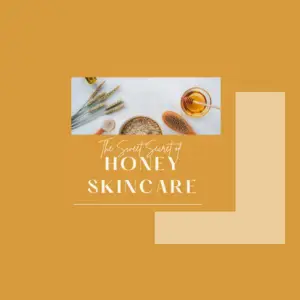

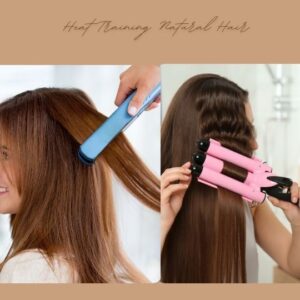



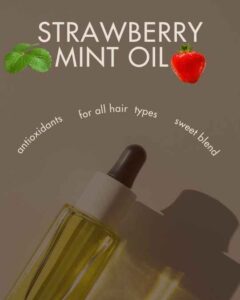

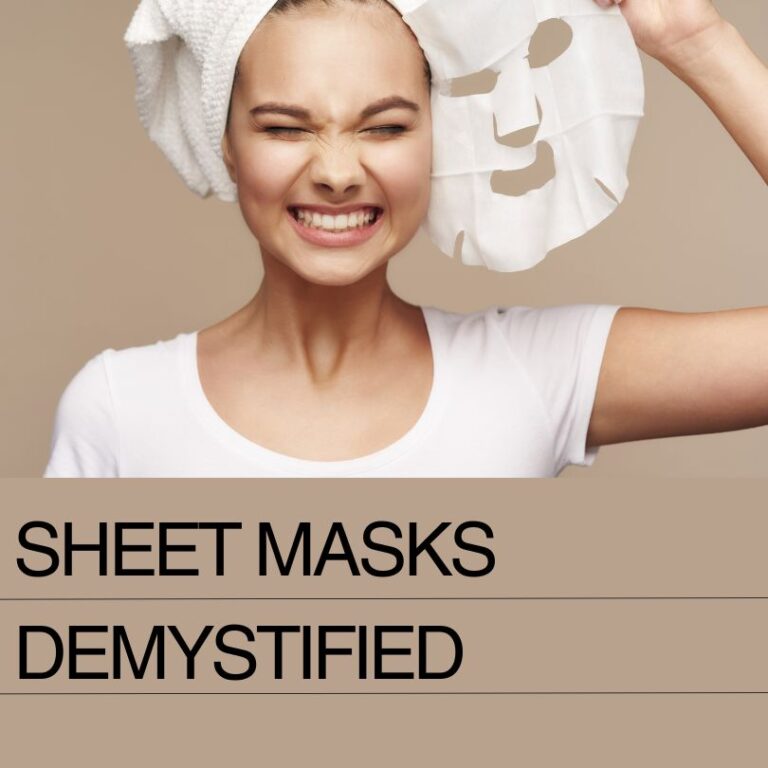
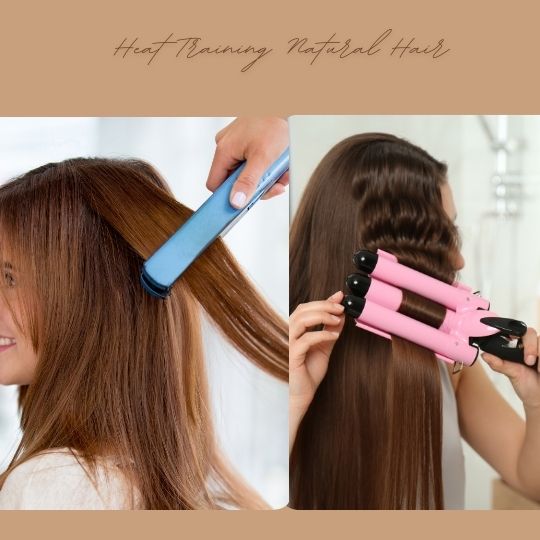
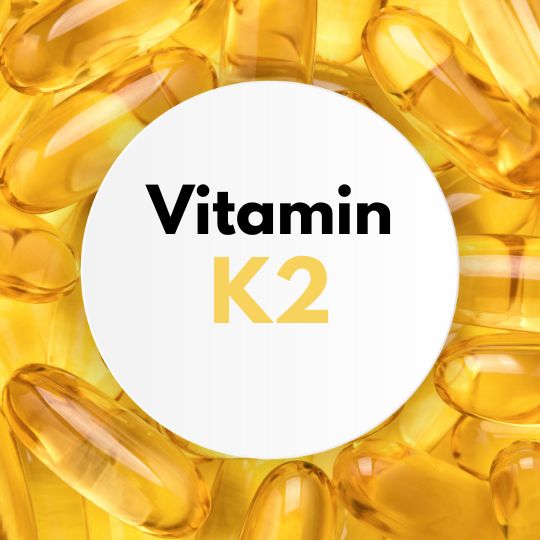
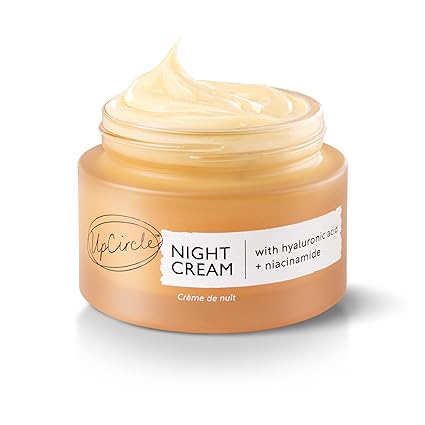
One Response
Great article! I really appreciate the clear and detailed insights you’ve provided on this topic. It’s always refreshing to read content that breaks things down so well, making it easy for readers to grasp even complex ideas. I also found the practical tips you’ve shared to be very helpful. Looking forward to more informative posts like this! Keep up the good work!